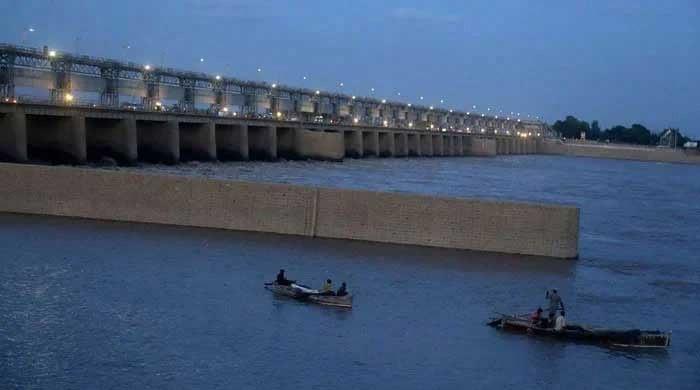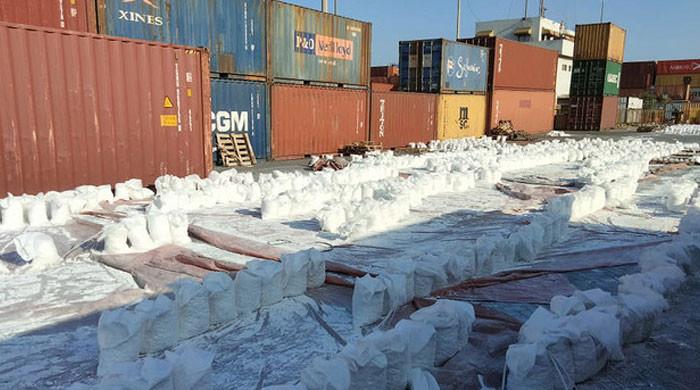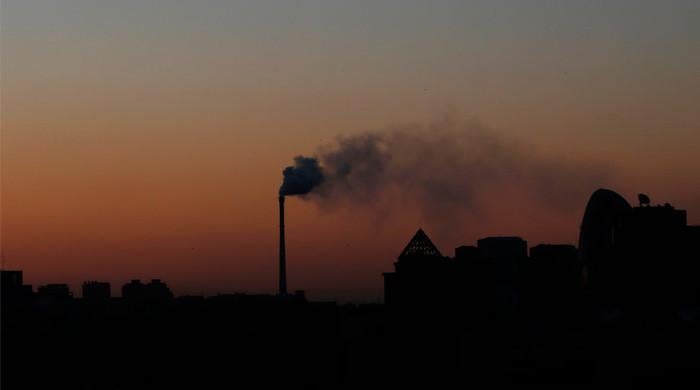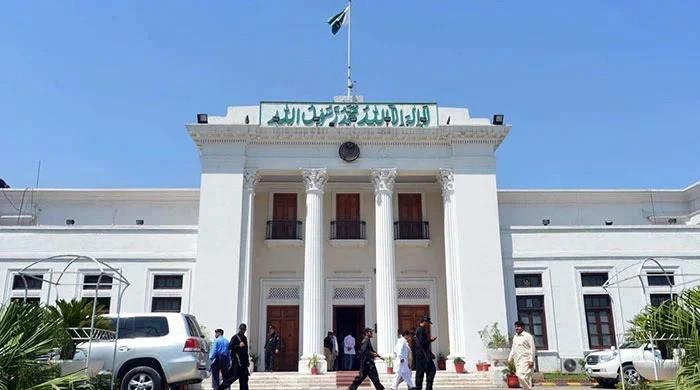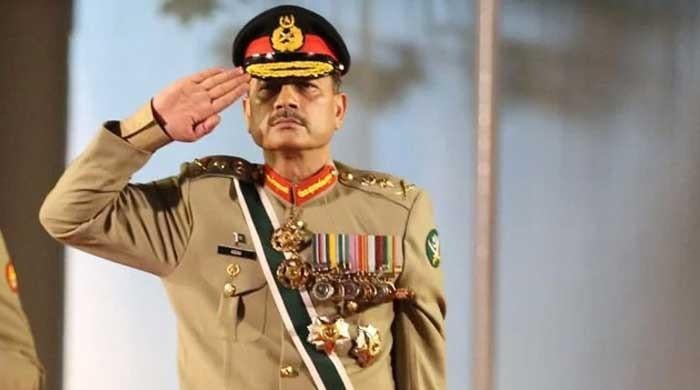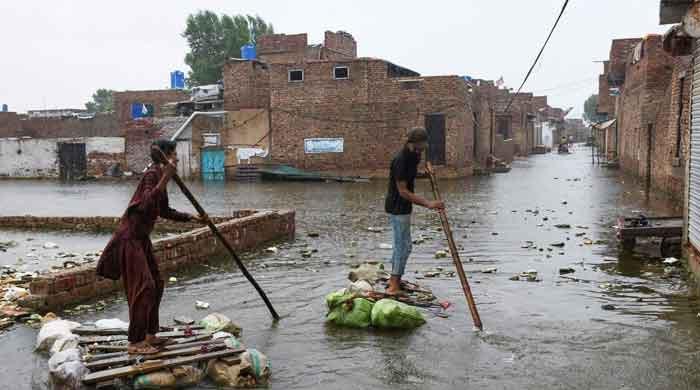Thinking about the news
The real news is quite different and really remains something that is not available to many of us, writes Kamila Hyat
June 15, 2023

Generally speaking, the news for Pakistan is not good. It now seems likely that the International Monetary Fund (IMF) tranche may not come through, leading to still greater economic chaos. But while all this happens, we have TV channels coming up with headlines about the quality of cherries from Quetta and other places and what each one tastes like.
At a time of economic, social and political chaos, we all know why this is happening. But even political chaos and statements from leaders are not the real news. The real news is quite different and really remains something that is not available to many of us.
In a household of six, where a father places his sons in a madrassah and removes his daughters from school, the impact of poverty is very real. Millions across the country live in such poverty, many not eating more than one meal a day.
But even as this becomes a hard reality and Pakistan continues to fall down the list of nations in terms of their human development indexes, we do not talk about what people face and how people live. We do not give news about the desperate patients who crowd government hospitals or try and collect enough money to visit private ones in order to deal with hepatitis C, hepatitis B, HIV, or any other problems. For them, the battle with costs and the ability to access information is simply too great.
At the same time, we have a situation where the gulf between the rich and those who live at the bottom of the social ladder is growing rapidly. While some are still able to spend four or five thousand rupees per person per meal at the top restaurants in big cities, others line up for a plate full of rice or a naan filled with minced meat distributed by some charity.
This, then, is what has become of a nation that had potential and possibility. Students from top universities admit that there is limited potential, while those graduating from even top engineering schools can become supervisors or engineers who will never go on to develop a new model of any electronic item such as a mobile phone or continue their training by acquiring skills that are currently not available to them and which they will never acquire as they spend years of their life as supervisors, happy that they have a job at all.
In the meanwhile, we have narratives of various kinds that we continue to tell. The political narrative is, of course, clear to all of us. But there are others that only end up adding further to linguistic and ethnic divides. There are also other problems.
For example, in Gilgit-Baltistan, where protests are put down regularly and organizations are banned at regular intervals. In a tiny province, we need to question why this should happen and whether we think of GB as anything more than a holiday spot for the rich and the privileged.
There are many other questions which need answers and we need to think of what is happening to the minds of children who at the age of eight years have a nine or ten-year-old looking after them or those in whose homes domestic help is treated as untrustworthy and not quite human.
In this situation, it is hardly surprising that the invisible masses go ignored and neglected. We need to actively think about them if we wish to evolve into a country capable of caring for the people and meeting their needs. At the present time, this is not happening.
We can only reach the level of other countries if we alter our state of thinking and remember that there are millions who live amongst us who are barely able to survive. The number of those living below the poverty line is put at one-third of the population. But this may be an underestimation, given the unreliability of figures in the country. We should also remember that a huge proportion of these people are children, given the demographic balance in the country.
We need to move beyond the kind of lifestyle we have adopted with events of various kinds, in many cases featuring celebrities, being passed off as real news. The real news is written many layers below the surface and very few TV channels or media outlets reach out to pick it up and bring it before the public. This is our disaster and will only lead us to further trouble in the years ahead.
There is also every possibility that these years are going to be very difficult ones. They are going to be difficult for our children and difficult for our youth.
There is every indication that more hardship is on the way in the form of inflation in a situation where people already struggle to buy even the most common vegetables or lentils. Even the food which was once common in households has disappeared and even those who can afford more cannot be sure of its quality or how they can purchase items that are safe to consume.
The burden of disease in the country is enormous. But of course, headlines do not speak about the people who die of diseases such as hepatitis every day, or other concerns of a similar nature. This is our tragedy. It can change only if we change our mindset and start thinking of ourselves as a nation which puts its people above all and recognises that the question of security can only be ensured if people are given a secure foundation and the right to access basic needs, only then can we become a nation able to move forward.
What we consider security, and for each person this may be a different identification, is not really what we need. There are far too many people who go unnamed and move like shadows across our country unnoticed by those more privileged than them, who are able to lead more elitist lives and forget that the gulf we are facing now will continue to grow unless action is taken now and we at least start thinking of those who live or simply exist all across the land.
The writer is a freelance columnist and former newspaper editor. She can be reached at: [email protected]
Disclaimer: The viewpoints expressed in this piece are the writer's own and don't necessarily reflect Geo.tv's editorial policy.




